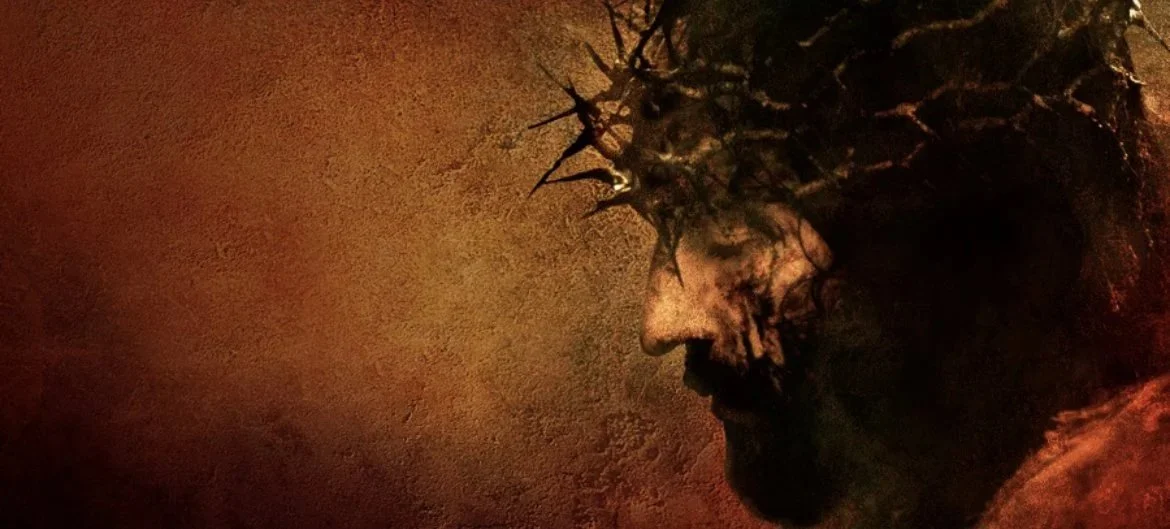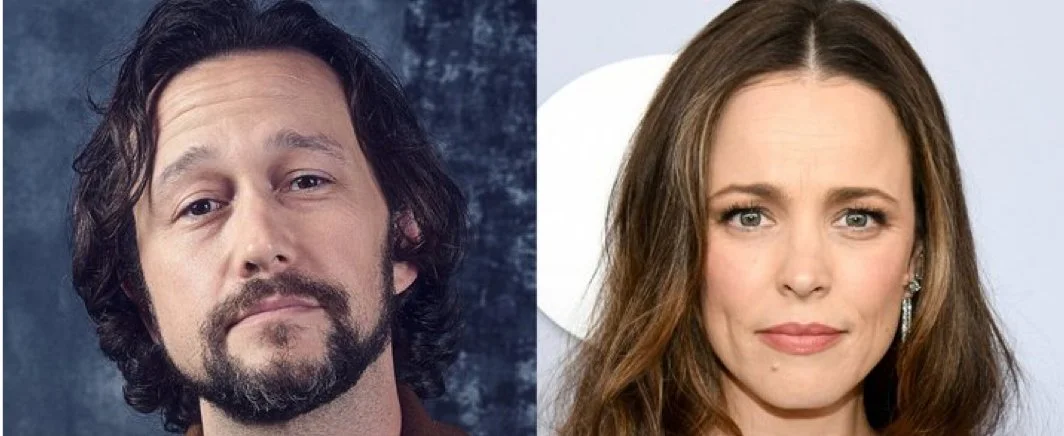Richard Gere, with his slick silver hair and squinty blue eyes, just turned 63 this past August. A stinging reminder that not only does time go by in the blink of an eye but also that this underrated American actor has never won an Oscar, let alone gotten nominated for one. Yes, that’s right. No nomination for his killer good role as lawyer Billy Flynn in “Chicago”, nada for his portrayal of Zack Mayo in “An Officer And A Gentleman”, the cheated-on husband in “Unfaithful”, Julian Kaye in “American Gigolo” or even as Clifford Irving in the underseen 2007 picture “The Hoax”. That might just change this year as Gere gives the performance of his career in Andrew Jarecki’s “Arbitrage”. In fact, Gere is so good as nasty hedge fund magnate Robert Miller that you still root for him to get out of his situation in one piece. Given that Miller is cheating on his wife with a french mistress, scamming his clients of millions of dollars and using his friend Jimmy as bait for the police, we shouldn’t be feeling that way about this corporate son of a gun.
Gere is magnetic, bringing ever ounce of nuance to his role and delivering a performance that’s nothing short of revelatory. No wonder critics have been screaming Oscar since “Arbitrage” got released way back in August. Does Gere have a chance at winning Best Actor? Of course not, especially with Daniel Day Lewis, Joaquin Pheonix and Denzel Washington vying for the top prize but Gere deserves to at least get nominated. In fact, a nomination would be more than welcome by many cinephiles, especially those that know just how good Gere can be when given the right script. “Arbitrage” is that script.
Written by Nicholas Jarecki, director Andrew’s half brother, “Arbitrage” is loaded with enough juicy scenes for Gere to show off his acting chops. That’s a good thing. Gere is going to need those scenes to carry him into awards season if there is any chance at even getting a nomination. Playing a money making scumbag that you really feel for isn’t the easiest thing to pull off in this day and age but Gere does it effortlessely, using his charismatic presence and brooding good looks to fully flesh out his character. Critics have been pretty unanimous in saying it’s one of his best performances, now it’s time for the academy to follow suit and honor this great actor.
http://www.awardsdaily.com/blog/2012/10/28/the-contenders-richard-gere-in-arbitrage/









